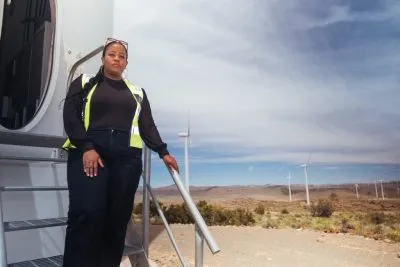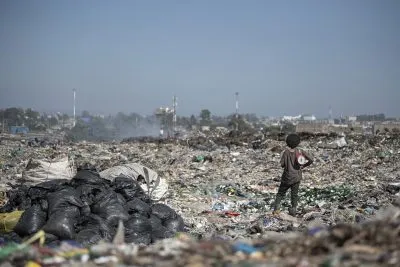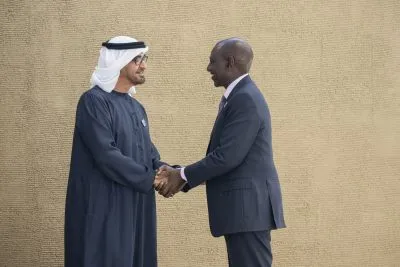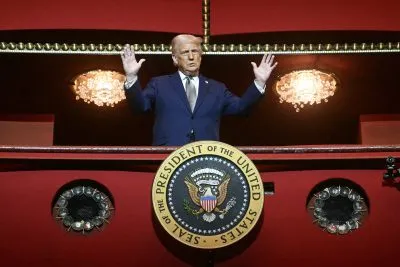Housing shortage
Combined with rural-urban population drift, this will result in a complete change in residential patterns. The big question is how the required housing will be provided: on a small scale, piecemeal basis, or through big, ambitious developments? The big fear with the latter is that investment will be concentrated on wealthy consumers and that gated communities will dominate in the same way as they have in the other parts of the continent.
Urbanisation now means that as many Ghanaians live in the cities as in rural areas. Property prices have soared in Accra in recent years, partly because of rising middle class incomes but also because residential construction has failed to keep up with urban drift over many years.
At present, an estimated 90% of urban Ghanaians live in informal settlements, often without access to basic amenities, while most new developments are designed to cater for the wealthy. Access to mortgages and other forms of credit is generally limited to richer Ghanaians and interest rates exceed 30% a year. Bank employees usually pay far lower rates but few others have such advantages and the mortgage sector is severely underdeveloped.
Another problem in Accra is that parcels of land are often owned by extended families and it has become a common practice for one to two members of the family to sell titles to the land to unwary buyers who are then confronted by other family members demanding their share or refusing to part with their entitlement to the land. Many African-Americans from the US have had their fingers burnt over such deals.
Despite the economic gains of recent years, about 7m more Ghanaians lack access to basic sanitation than in 1990. Many live in informal, wooden homes and others in adapted containers. The current system also results in the presence of many half-built homes that pay testimony to the fact that their owners ran out of funds.
The surfaced road network does not stretch into many suburbs, nor does the water and wastewater grid. Putting such infrastructure in after houses have been built is more difficult and more costly than doing so before construction, so if the government cannot afford to fund it today, something will have to change drastically for it to be provided at a later date.
As with many traditional banks, property developers are mainly interested in targeting those with high income levels. Many new developments are being constructed on the outskirts of Accra but transport links are poor.
More effort needs to be put into urban planning to ensure that the city develops in a sustainable manner. Accra does offer developers access to some government owned land for the construction of low cost homes, plus a wide range of tax benefits but cheaper housing is just not attracting sufficient investment.
Sampson Ahi, the Deputy Minister for Water, Works and Housing, says: “The government is very seriously trying to tackle the slum situations, but I cannot give a specific time by which we will have redeveloped Ghana’s slums because of the economic difficulties that we have and because of the huge housing deficit. So long as people are still moving into the capital because of unemployment in their areas, they don’t have anything to do, and every day they keep on coming, so this is not something we can say will be eradicated.”
Want to continue reading? Subscribe today.
You've read all your free articles for this month! Subscribe now to enjoy full access to our content.
Digital Monthly
£8.00 / month
Receive full unlimited access to our articles, opinions, podcasts and more.
Digital Yearly
£70.00 / year
Our best value offer - save £26 and gain access to all of our digital content for an entire year!

 Sign in with Google
Sign in with Google 





